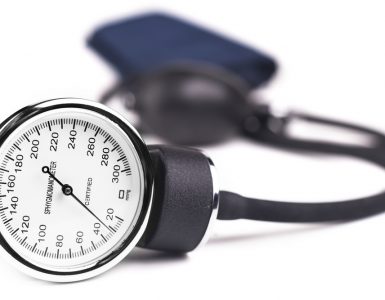(rhodiola rosea)
Botanical family: Crassulaceae
Parts used: Rhizome and root
Main active ingredients: Rosavins
Actions: Adaptogen, anti-inflammatory, antioxidant, male tonic
Good for: Lack of stamina, stress, mental and physical fatigue
Available forms: Tincture, tablet
Rhodiola, or golden root as it is often referred to in ancient legends, is well known for its hardy properties. With its striking yellow summer flowers, it thrives close to the Arctic Circle in the dry mountainous areas of Scandinavia, Siberia, Northern China and Canada.
It is thought to help boost physical and mental health and such are its reputed powers that it is recognised as an official medicine in Russia and Scandinavia for treating fatigue, memory loss and poor concentration.
History of Rhodiola
The use of rhodiola dates back at least 2,000 years. As early as 77AD, the Greek physician Discorides wrote about the medicinal properties of the plant, which he called rodia riza, in his classical medical text ‘De Materia Medica’. The Vikings relied on the herb to enhance their physical strength while Chinese emperors sent expeditions to Siberia to bring back the ‘golden root’ for medicinal preparations.
In Russia it has long been regarded as a folk medicine while the people of Central Asia considered a tea brewed from rhodiola to be the most effective treatment for colds and flu.
Current uses of Rhodiola
FATIGUE AND STRESS
Traditionally rhodiola has been used throughout Eastern Europe and Asia for stimulating the nervous system, decreasing depression, enhancing work performance eliminating fatigue and preventing high altitude sickness. But it is only recently that rhodiola has started to make a name for itself in the West.
It is thought to have anti-fatigue, anti-stress, antioxidant and immune-enhancing effects and several randomised double-blind placebo-controlled human studies have shown that it can help improve mental and physical performance under stress.
As with many herbs, no single compound seems to be responsible for rhodiola’s healing powers, but research indicates that chemical ingredients known as rosavins are mainly responsible. It appears that these affect the function of neurotransmitters, the brain chemicals that transport messages between nerves and help to regulate mood and other brain functions.
LOW STAMINA
In one study in Russia it was found that when competitive skiers were given rhodiola 30–60 minutes before a race their accuracy and co-ordination improved and they had greater strength and stamina compared with those taking a placebo. Their heart rates were also significantly lower half an hour after a race showing that rhodiola may help to speed recovery after exertion.
SEXUAL FUNCTION
Rhodiola has a longstanding reputation for improving fertility and libido in men and women. Russian studies have found that it can help menstrual irregularities, which in turn can benefit fertility problems. It has also been found to improve sexual function in men.
How to take Rhodiola
You need to take between 200mg and 600mg of rhodiola extract daily.Rhodiola can be taken continuously for longer-term effects for several months at a dosage of between 200mg and 600mg.
In very stressful situations such as before an exam, a single higher dose of 1,000-1,800mg can be taken.
Watchpoints
You should also consult your doctor if you are pregnant, breastfeeding or under medical supervision before taking rhodiola.Try this
Rhodiola can be found in Vitano Rhodiola – a traditional herbal medicinal product used for the temporary relief of symptoms associated with stress, such as fatigue, exhaustion and mild anxiety, based on traditional use only.







